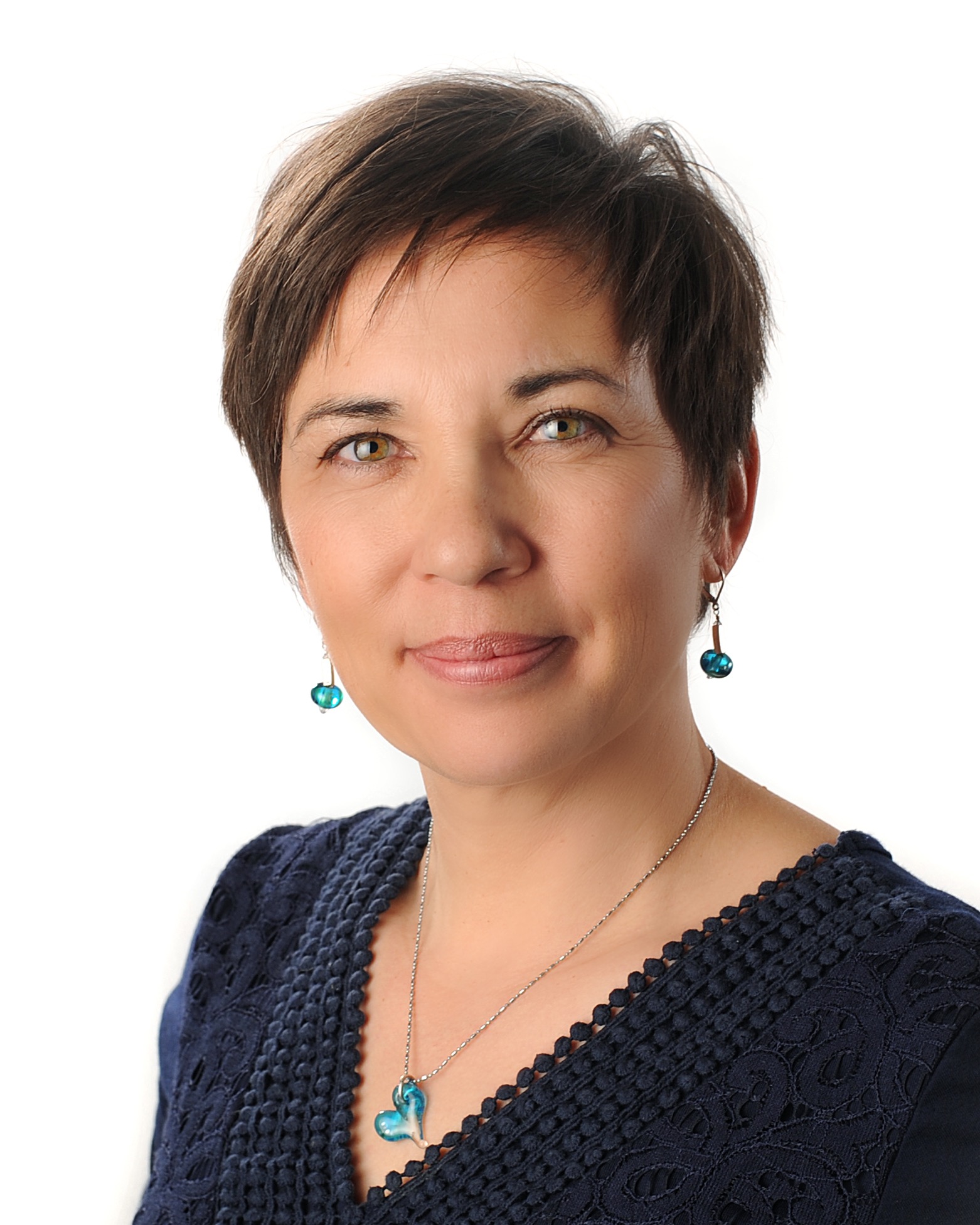You have to read ‘The Choice’!
Posted on October 12, 2017 by Maple Creek
Christalee Froese
I read a strange variety of books. So, I rarely recommend them to others because I think each is peculiarly suited to my unorthodox reading preferences.
My first category is ‘self-help,’ but not just any kind of self-help. I go for the psychological ‘non-thrillers’ that dig deep into endorphins, brain impulses and cognitive behaviour theories. The boring, pseudo-academic nature of these books is precisely why I don’t recommend them to those who read for ‘pleasure’ versus those, like me, who sometimes read for ‘pain.’
Secondly, I review books for my column, Prairie Chapters, which appears monthly in the Western Producer. These books are all wonderful, but they’re best suited for rural readers who understand phrases like, ‘cream money,’ ‘hay lofts,’ and ‘correction lines.’
The third category of books I love falls under the genre of ‘political.’ Oh how I love a good Barrack Obama book, or a Gandhi biography or an apartheid-based novel.
And so you see why it’s hard for me to recommend books to people who read ‘readable’ books like those by mainstream authors such as Stephen King, Sue Grafton and Danielle Steel.
But when I recently read The Choice: Embrace the Possible by holocaust survivor Dr. Edith Eva Eger, everything changed. I’ve been recommending this book to everyone who will listen. I have goaded my niece into buying it for her tablet, I have talked my friends into buying the hardcover version so it can always be at their fingertips and I have selfishly guarded my own copy with such ferocity that I will not let anyone take it out of my house.
In heartbreaking waves of inconceivable human cruelty, Dr. Edith Eva Eger winds us through her teenage life in World War II Czechoslovakia. She takes us on a cattle car to her barracks at Auschwitz, Germany. We watch as her parents disappear into the gas chambers. We see the smoke rise from the human incinerators, spewing ash and despair on the survivors.
We walk with her and her starving sister on death marches through Germany and Austria where only 100 of 2,000 will survive. We finally arrive in Gunskirken Lager, Austria where the flame of their young lives is almost extinguished.
While entangled with dead bodies in a pile of corpses, Eger sees someone eating another human and takes the reader into the moment with horrific grace, reliving her nearly unconscious state in short haggard sentences that sear, and save.
“I must eat or I will die. Out of the trampled mud grows grass. I stare at the blades, I see their different lengths and shades. I will eat grass. I will choose this blade of grass over that one. I will occupy my mind with the choice. This is what it means to choose. To eat or not eat. To eat grass or to eat flesh.”
Despite the deathly and dehumanizing brutality Eger endures, a spark of hope lies deep at the center of her—a spark that saves her as an American soldier finds her and her sister lying lifelessly in a pile of dead people when troops liberate death camp survivors in 1945.
This must-read memoir from the 90-year-old holocaust survivor is so much more than the story of her survival; it’s about finding the key to living fully…for everyone. The psychologist takes us to her current private practice in California to intertwine stories of the resilient nature of all humans, whether in the grips of war or in the vice of every-day life.
Everyone must read this book. They must read it to see what hate and prejudice and racism can do. They must read it to see what love and compassion and the resilient human spirit can overcome.
I don’t recommend many books, but this is one you HAVE TO READ!
(The Choice: Embrace the Possible is written by Dr. Edith Eva Eger and published by Simon & Schuster (2017). It is available at all major books stores).
Email comments to LCfroese@sasktel.net and follow Christalee Froese’s 21days2joy Blog at 21days2joy.wordpress.com.


Leave a Reply
You must be logged in to post a comment.